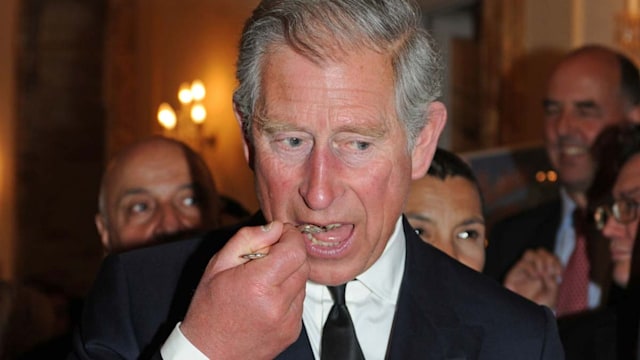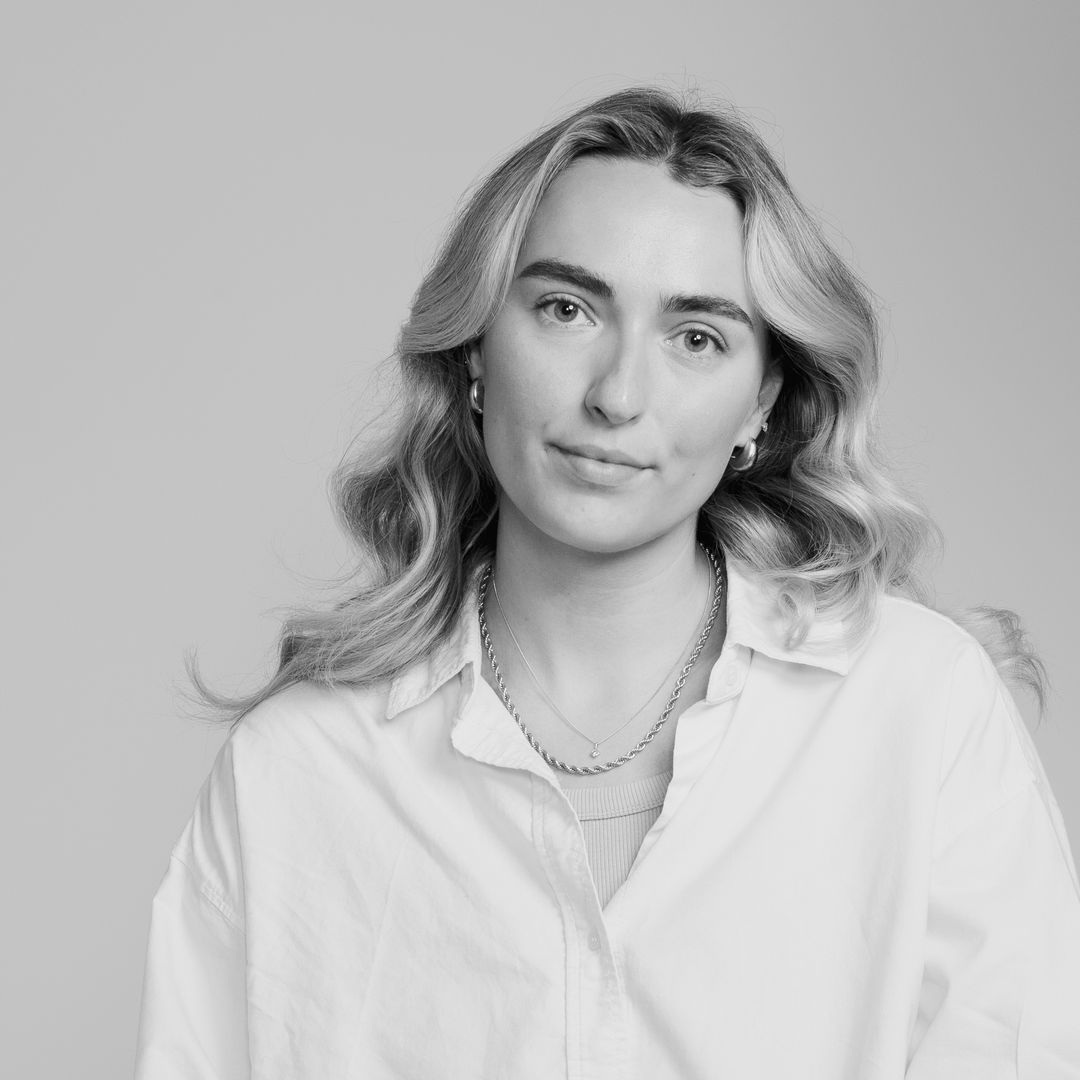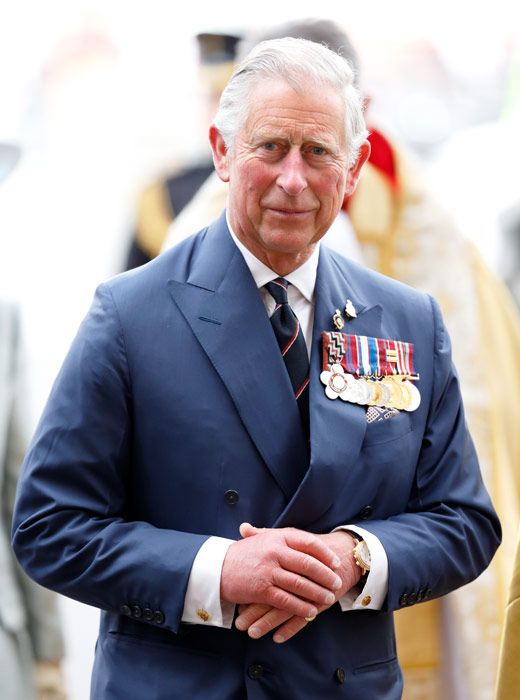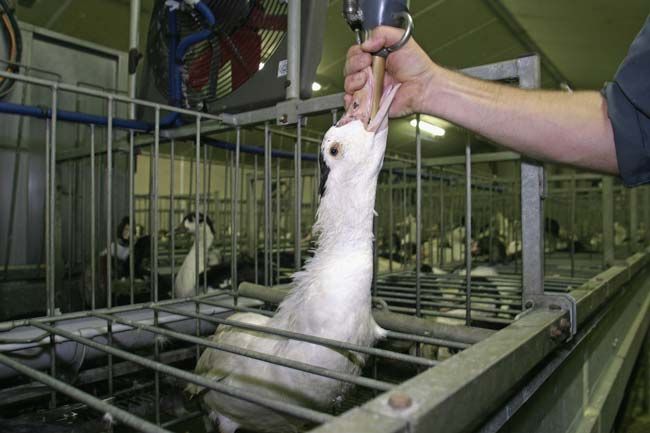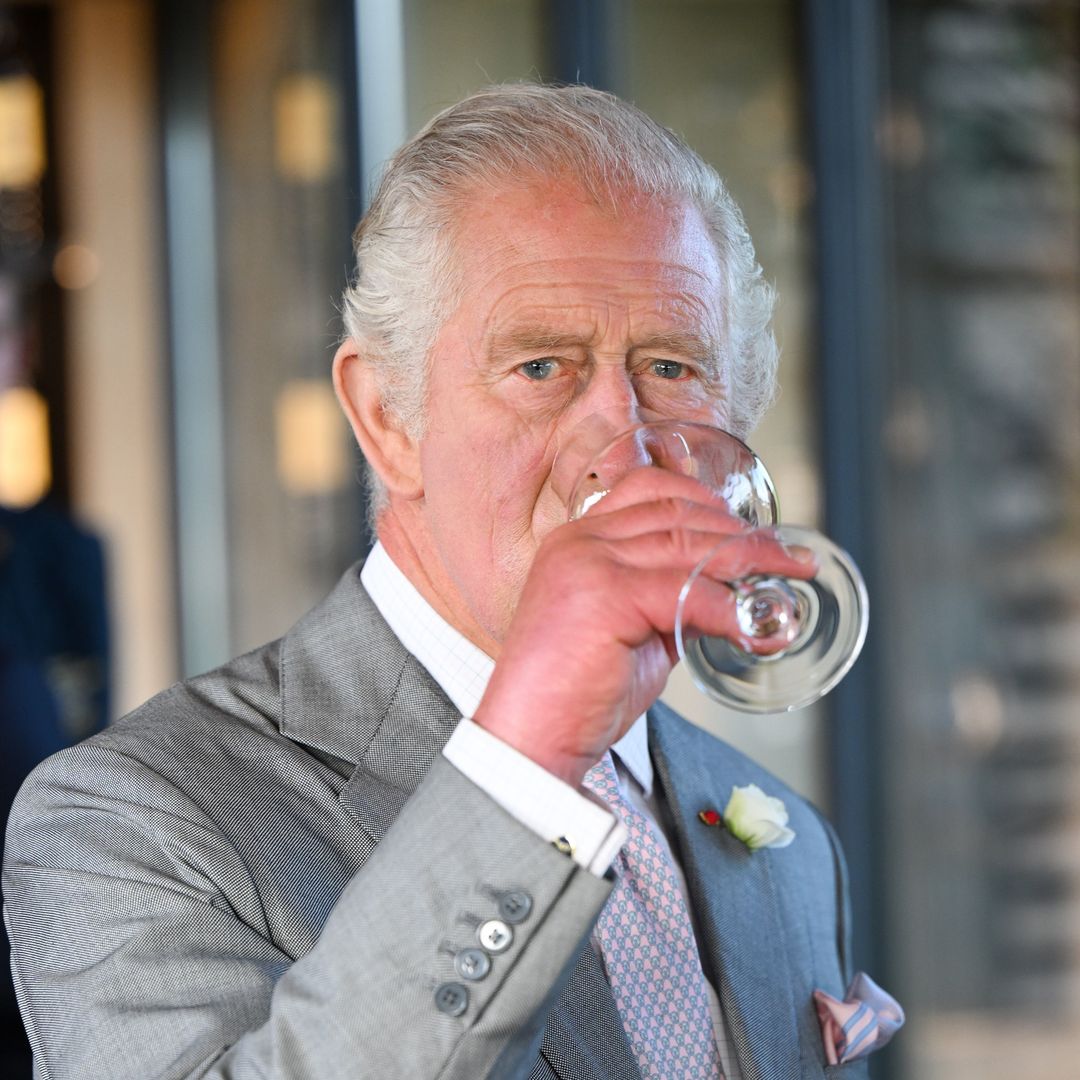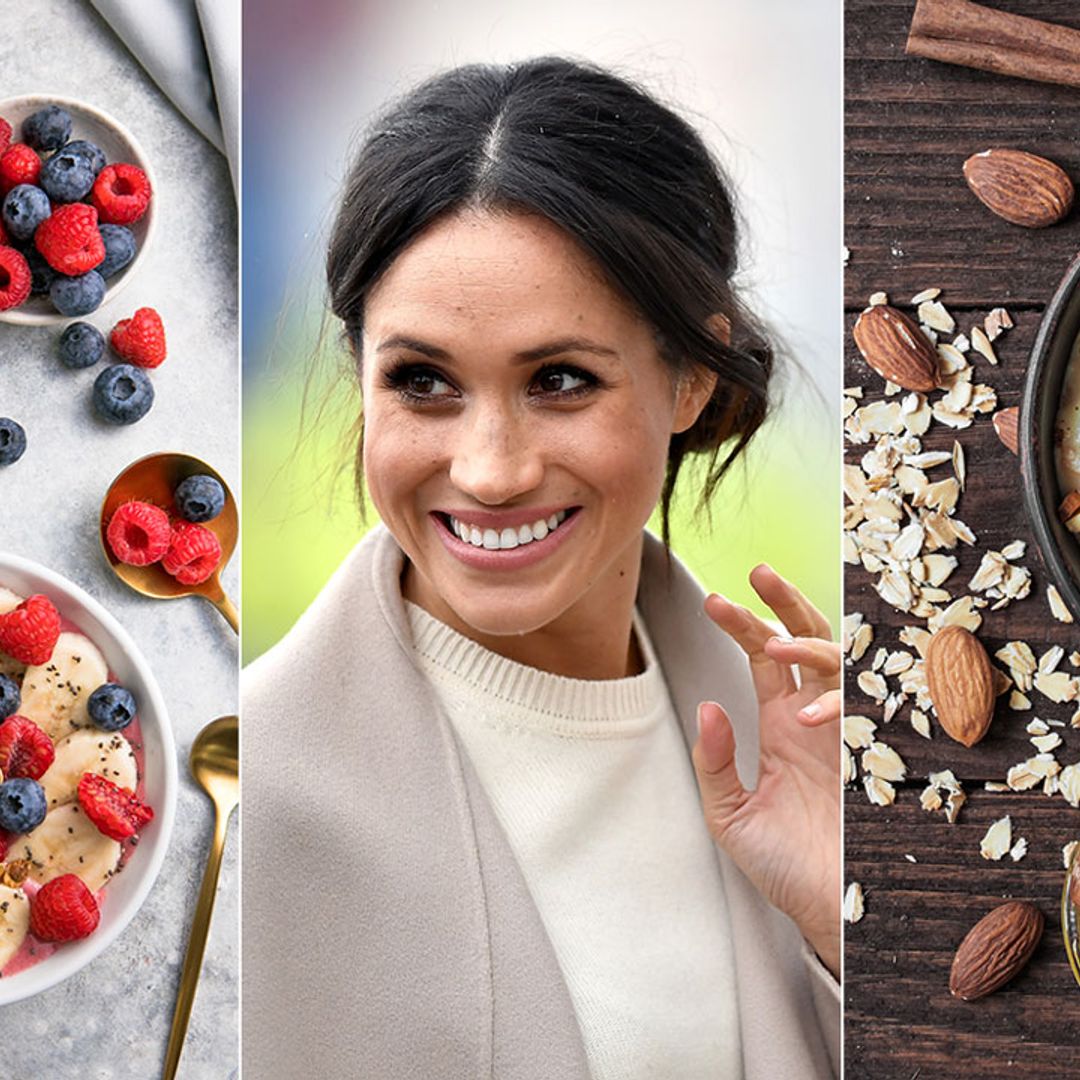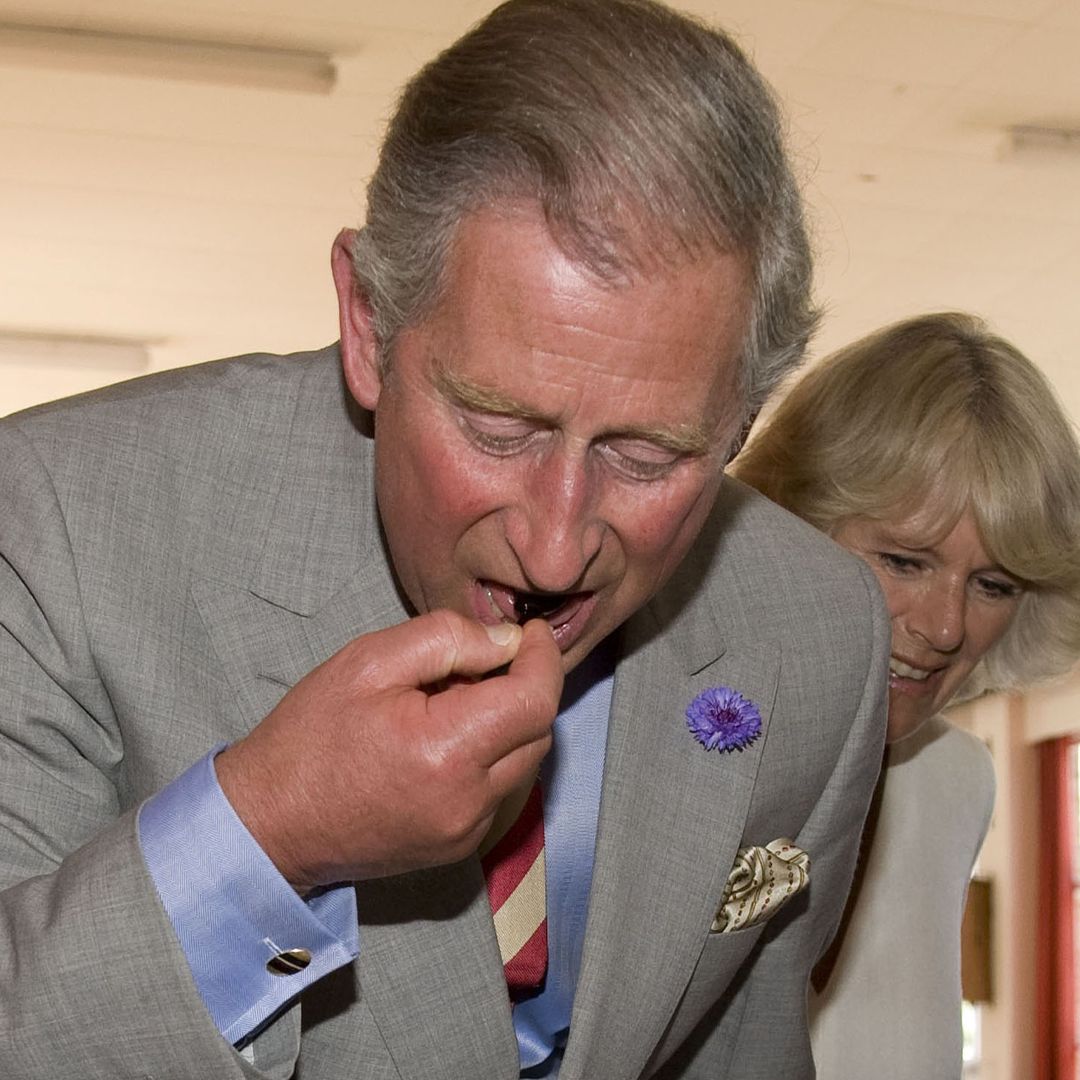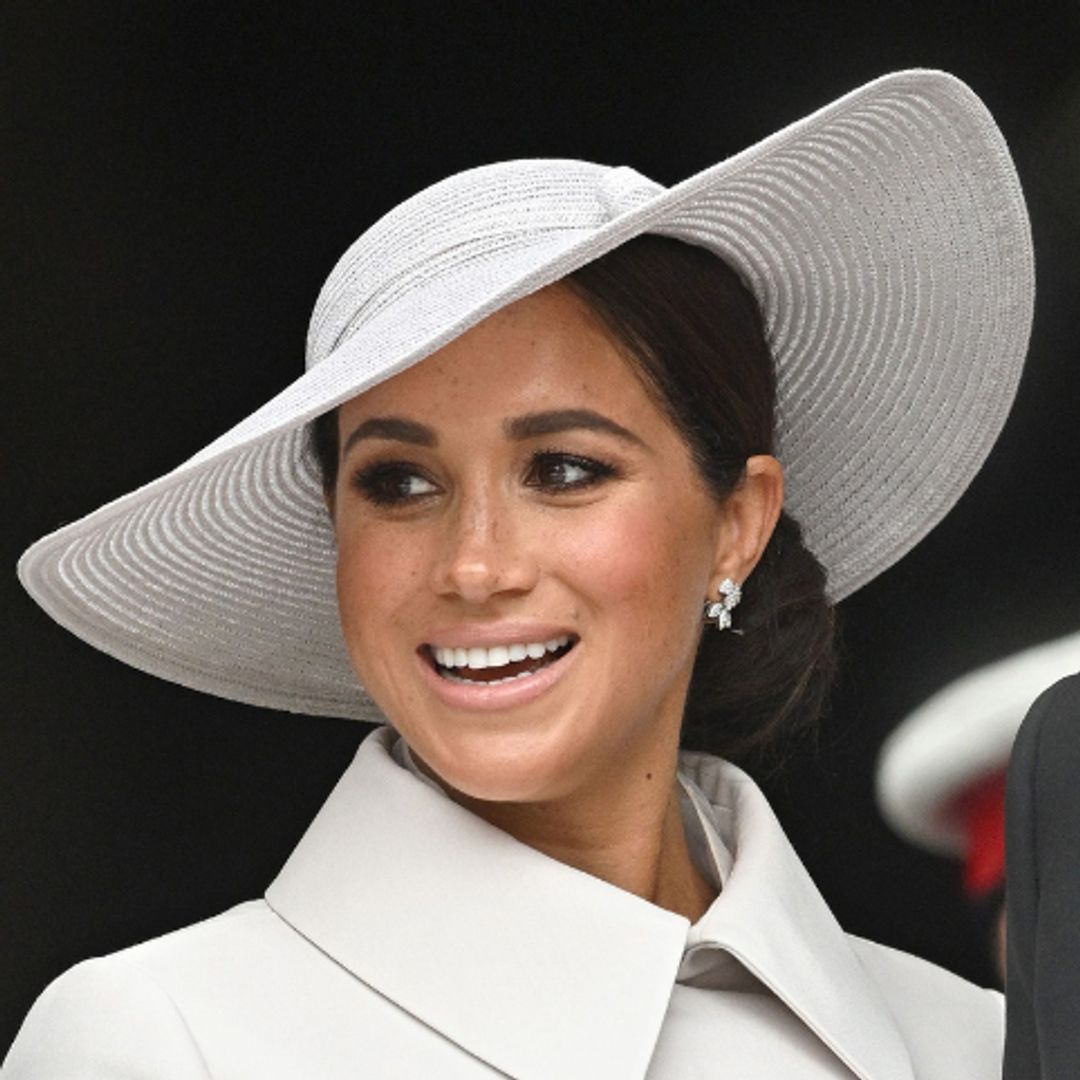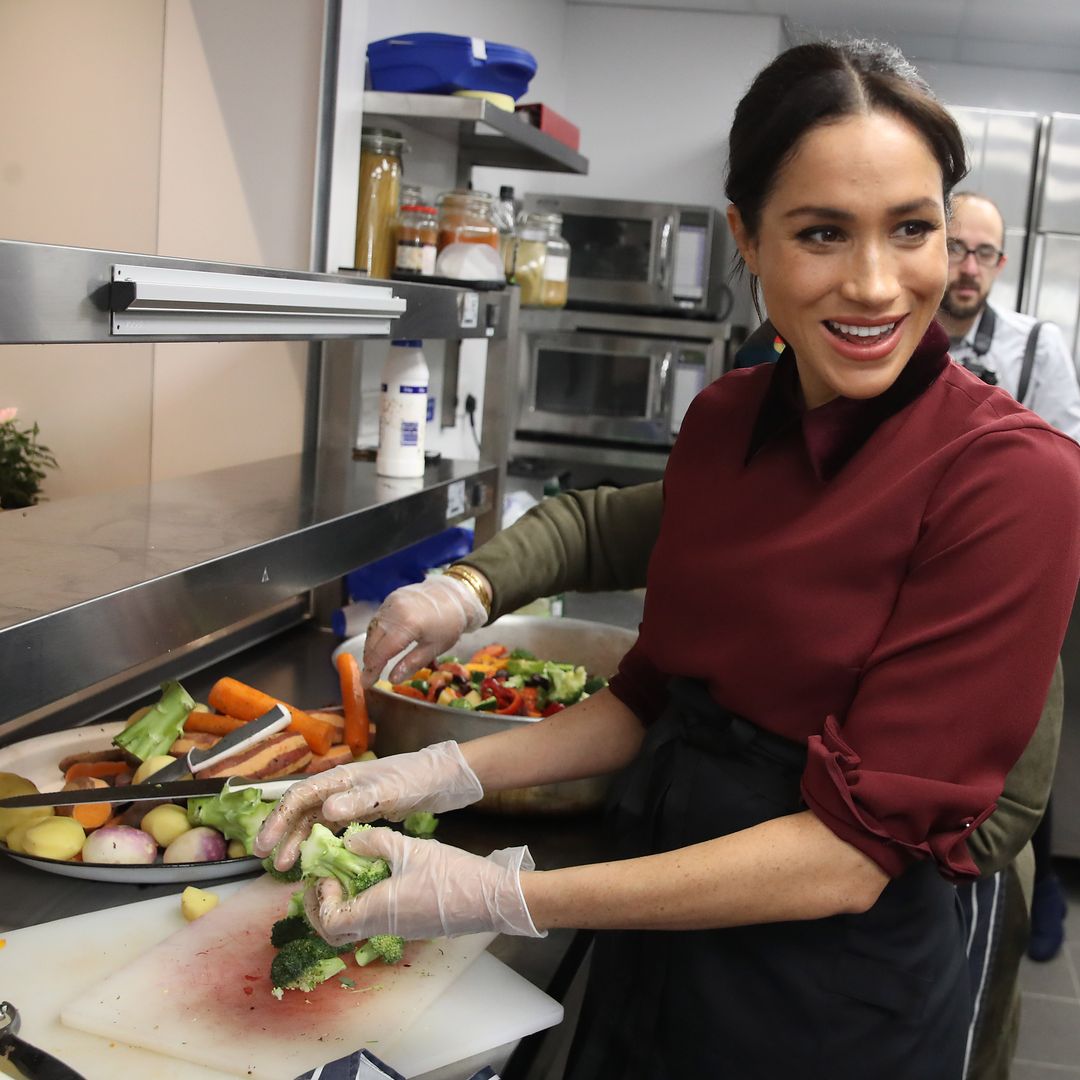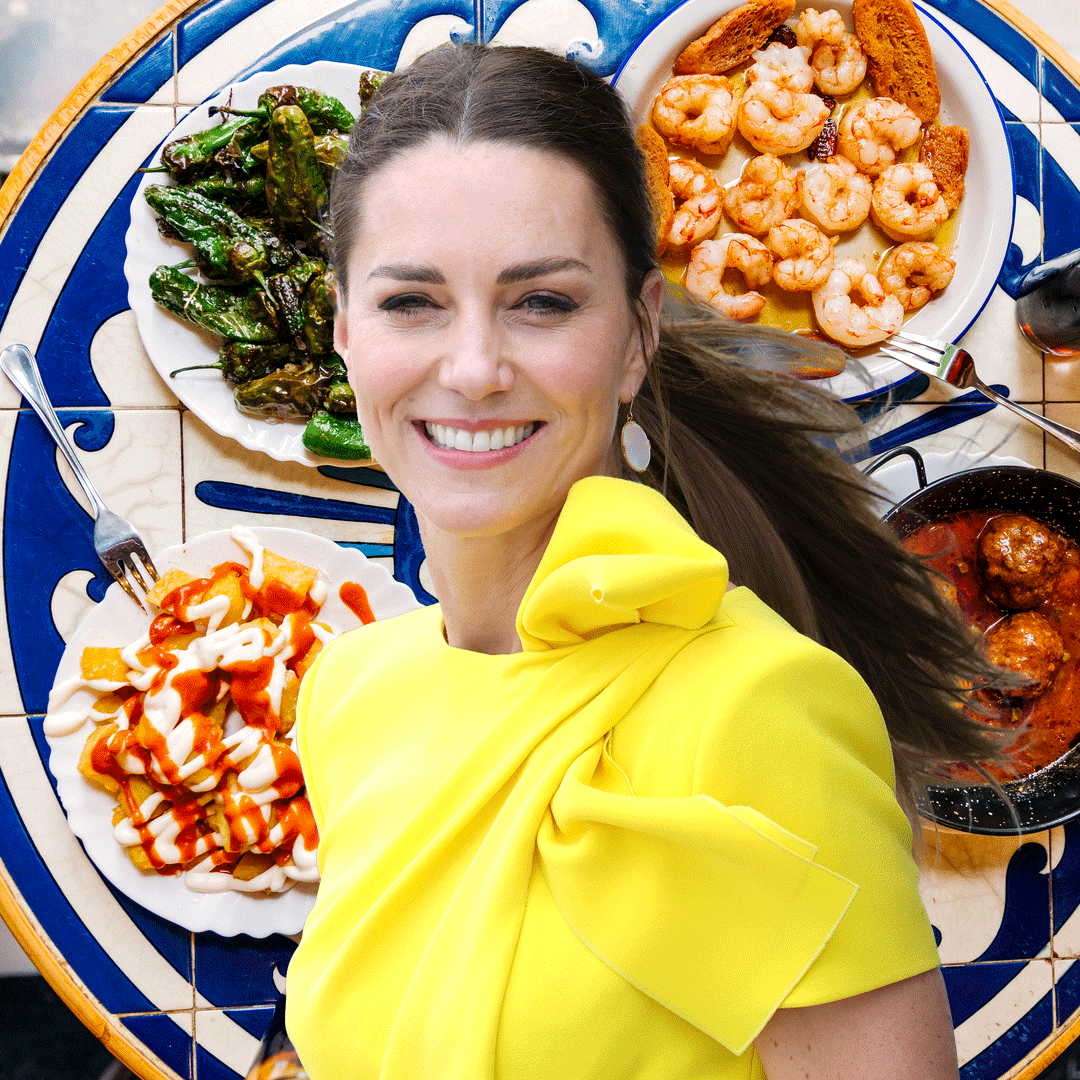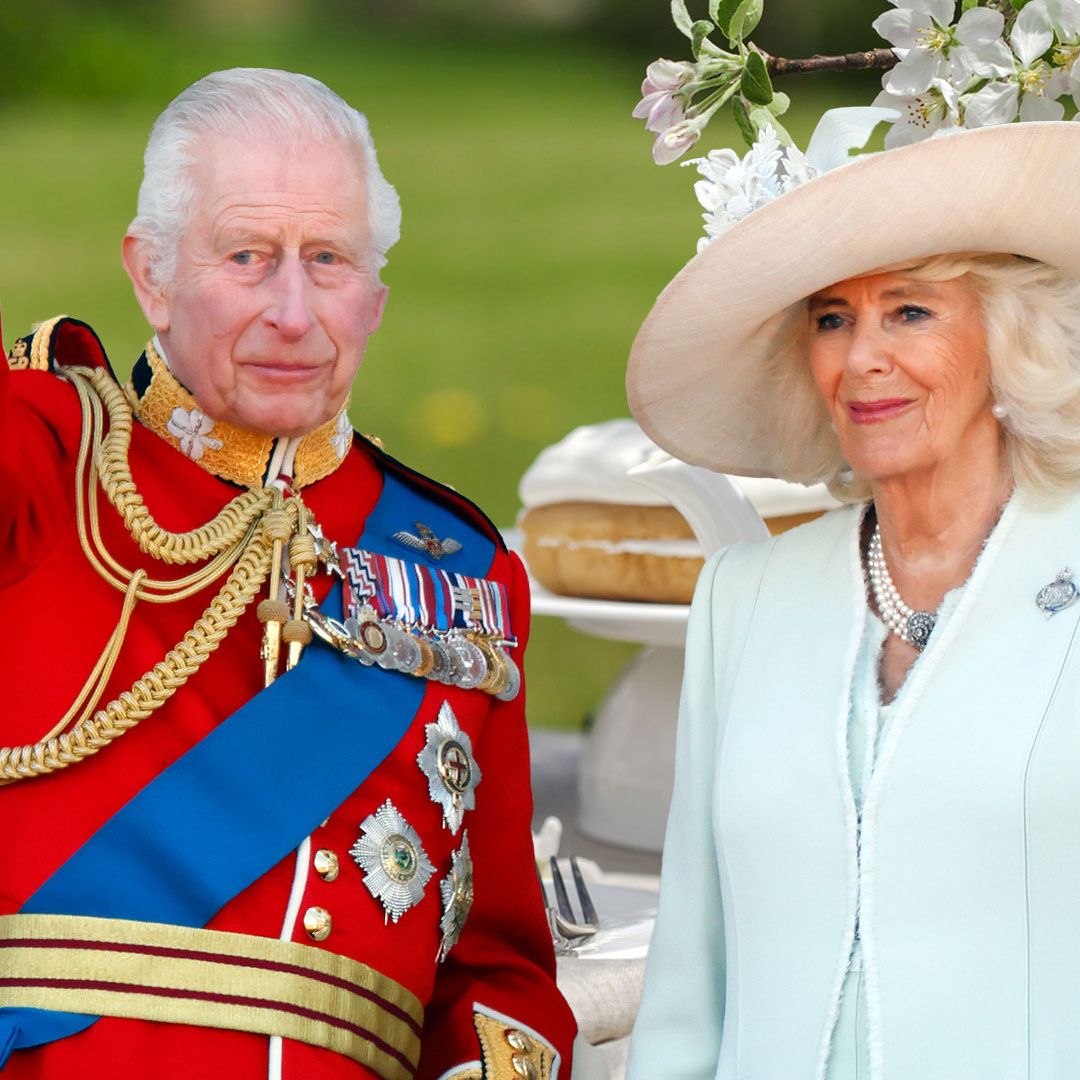King Charles II has reportedly made a major change to his royal residences, choosing to prohibit a controversial dish from being served by the royal kitchens.
SEE: King Charles' daily diet: Seeds, boiled eggs, and the meal he never eats
The former Queen's eldest son has been praised by animal rights organisation PETA (People for the Ethical Treatment of Animals) for his decision to ban French delicacy foie gras from all menus served at his royal residences. The 74-year-old royal has long had a distaste for the divisive luxury dish, which is made from an abnormally enlarged duck or goose liver.
WATCH: Food the royals don't eat
A spokesperson from PETA said: "As Prince of Wales, King Charles removed foie gras – a despicable product for which ducks and geese are force-fed until their livers swell up to 10 times their natural size before the animals are slaughtered – from his royal residences.
"Now, Peta has received confirmation that His Majesty’s compassionate policy extends to Buckingham Palace and all other royal residences." Despite reports saying this is new, HELLO! understands that royal residences haven’t served foie gras in ten years.
READ: King Charles' 4 very unusual requests at royal banquets revealed - royal chef exclusive
The monarch banned the serving of foie gras at royal residences years ago
Foie gras translates to "fatty liver" in English. The gourmet dish, which is made as a result of a liver disease called hepatic steatosis, is widely known as one of the most expensive delicacies in the world.
According to AnimalEquality, the process of making foie gras is one that has long raised ethical questions. Once the birds are eight weeks old, they are force-fed for up to four weeks via metal tubes to enlarge and richen the liver.
MORE: Princess Anne's peculiar favourite dish is not for everyone - would you eat it?
READ: 6 foods the royal family never eat revealed – and some may surprise you
"This process, also known as 'gavage', is repeated multiple times a day. The force-feeding causes the birds' livers to swell up to ten times their natural size."
The production of foie gras involves the unethical feeding of duck and geese
Charles has long been an advocate for sustainability, so his move to ban the serving of foie gras is not entirely surprising. The climate-conscious king chooses to follow a mainly plant-based diet in order to reduce his carbon footprint.
"For years I haven’t eaten meat and fish two days a week and I don’t eat dairy products one day a week," the royal told the BBC in 2021.
Like this story? Sign up to The Royal Life newsletter to get your weekly dose of royal lifestyle inspiration, from the must-see fashion moments to sneak peeks into royal homes and wellness news.
